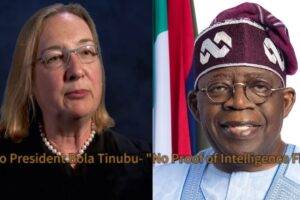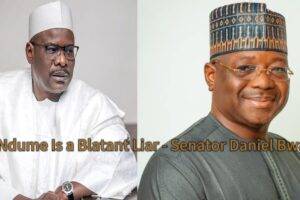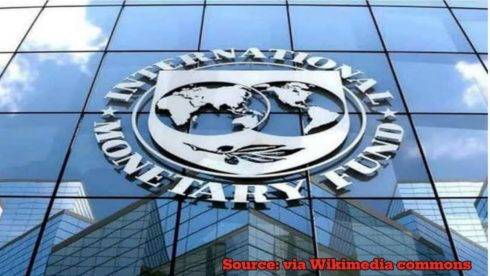The International Monetary Fund (IMF) has advised the Nigerian government to discontinue what it has described as hidden subsidies on fuel and electricity. In a recent report, the IMF warned Nigeria that these subsidies are expected to consume a significant portion of the country’s Gross Domestic Product (GDP) in the upcoming year, highlighting the need for urgent action.
According to the report, subsidies on fuel and electricity are projected to consume 3 percent of Nigeria’s GDP in 2024, a notable increase from the 1 percent recorded in the previous year. The IMF emphasized the detrimental impact of these subsidies, which divert resources away from crucial development initiatives, undermine social safety nets, and contribute to unsustainable debt levels.
IMF Praises FG’s Decision to Gradually Eliminate Costly Energy Subsidies
The IMF report commended the Federal Government of Nigeria for its decision to gradually eliminate the expensive and inequitable energy subsidies. This move, according to the IMF, is crucial for freeing up financial resources that can be redirected toward development initiatives, strengthening social safety nets, and ensuring sustainable debt levels.
By gradually phasing out these subsidies, the Nigerian government can unlock funds that can be invested in sectors crucial for economic growth and social development, such as infrastructure, education, and healthcare. This approach aligns with the International Monetary Fund’s recommendations for promoting fiscal sustainability and creating an enabling environment for inclusive economic growth.
IMF Urges Nigeria to Address Implicit Fuel and Electricity Subsidies
In its report, the IMF specifically highlighted the need for Nigeria to tackle implicit subsidies on fuel and electricity. The organization stated, “Once the safety net has been scaled up and inflation subsides, the government should tackle implicit fuel and electricity subsidies.”
The report emphasized that with pump prices and tariffs below cost-recovery levels, implicit subsidy costs could increase to 3 percent of GDP in 2024, up from 1 percent in 2023. These subsidies are not only costly but also poorly targeted, with higher-income groups benefiting more than vulnerable populations.
IMF Highlights Costly and Poorly Targeted Nature of Fuel and Electricity Subsidies
The IMF’s report shed light on the detrimental effects of Nigeria’s fuel and electricity subsidies, describing them as “costly and poorly targeted.” According to the organization, these subsidies disproportionately benefit higher-income groups rather than the vulnerable populations they are intended to support.
By continuing to provide subsidies that fail to reach those in need, the Nigerian government is burdening the economy with inefficient and unsustainable expenditures. The International Monetary Fund emphasized the importance of redirecting these resources towards targeted social safety nets and development initiatives that can uplift the most vulnerable segments of society.
IMF Recommends Scaling Up Support for the Vulnerable, Removing Untargeted Subsidies
In its recommendations, the IMF stressed the need for the Nigerian government to prioritize scaling up support for vulnerable populations while simultaneously removing costly and untargeted fuel and electricity subsidies. The organization stated, “As inflation subsides and support for the vulnerable is ramped up, costly and untargeted fuel and electricity subsidies should be removed, while, e.g., retaining a lifeline tariff.”
This approach aims to strike a balance between providing targeted assistance to those in need and eliminating inefficient and regressive subsidies that disproportionately benefit higher-income groups. By retaining a lifeline tariff or similar measures, the Nigerian government can ensure that essential services remain accessible to the most vulnerable segments of society.
IMF’s Recommendations Aimed at Fiscal Sustainability and Inclusive Economic Growth
The International Monetary Fund’s recommendations for Nigeria to discontinue electricity subsidies and address implicit fuel subsidies are rooted in the organization’s broader objectives of promoting fiscal sustainability and inclusive economic growth. By eliminating inefficient and regressive subsidies, the Nigerian government can redirect resources towards productive investments that foster economic development and social progress.
Through targeted social safety nets, infrastructure development, and initiatives that support job creation and entrepreneurship, Nigeria can create an enabling environment for sustainable and inclusive growth. By heeding the International Monetary Fund’s advice, the country can take a critical step towards fiscal discipline, economic diversification, and improved living standards for all its citizens.
Table of Contents
Discover more from OGM News NG
Subscribe to get the latest posts sent to your email.














